108° 🚨
Some bad stuff is happening to our glacial lakes. I say "no thanks," and you can, too!
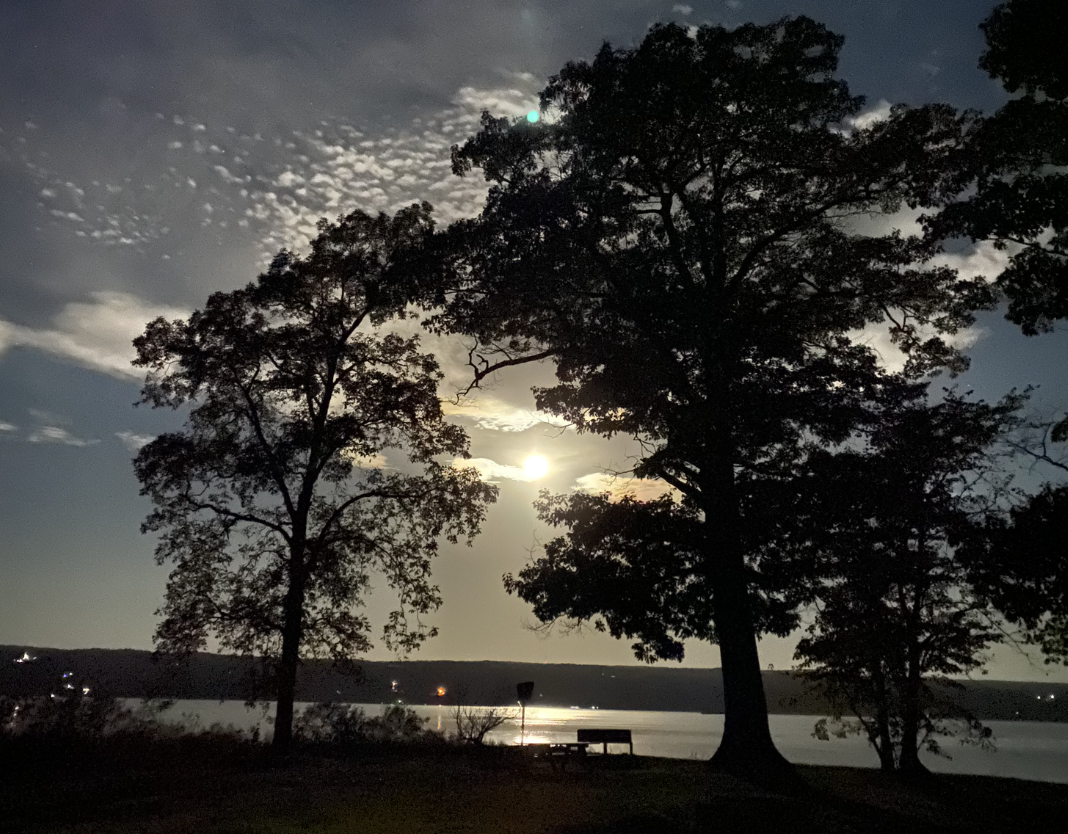
Some bad stuff is happening to our glacial lakes. I say "no thanks," and you can, too!

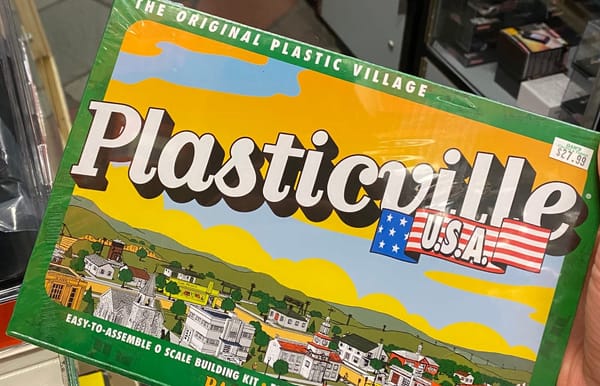
I wrote this in my journal this morning; then, I thought, maybe you'd like to read it, too.
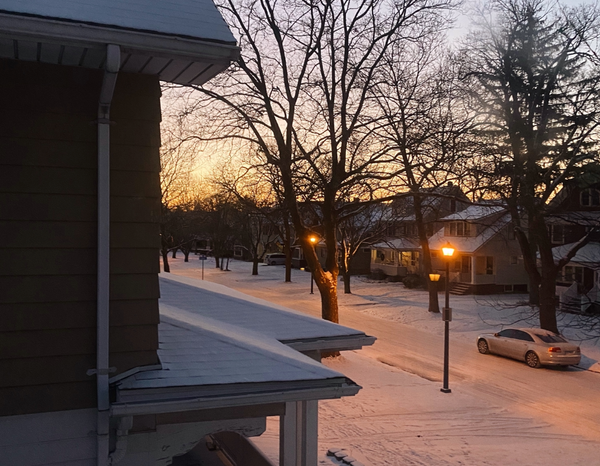
In which the DIY Decade, social media, and the Great Grasping come to a head.
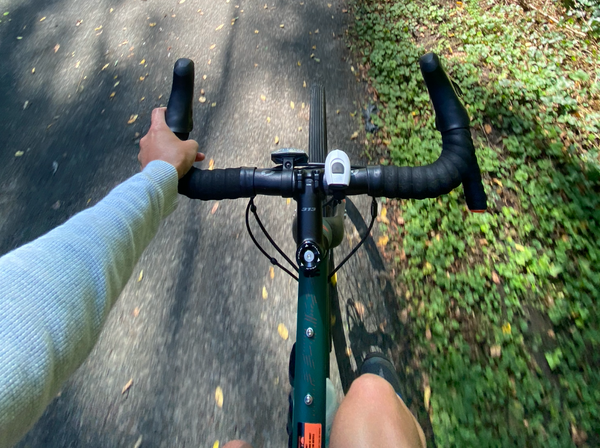
In which I bike 20 miles to buy eggs.
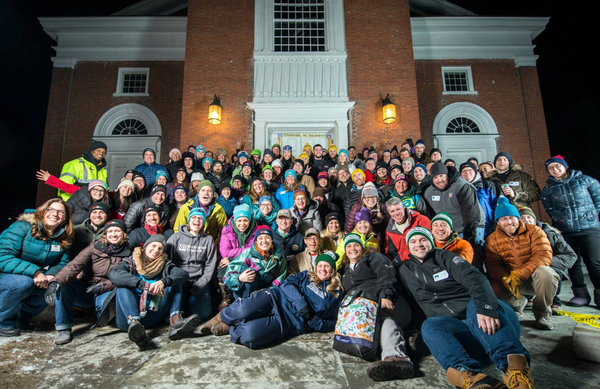
In which I opine on giving circles, the state of individual giving in the third sector, and offer a different (read: subversive) way of thinking about collective impact in nonprofit giving.